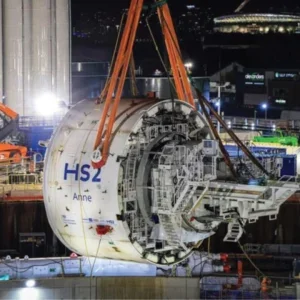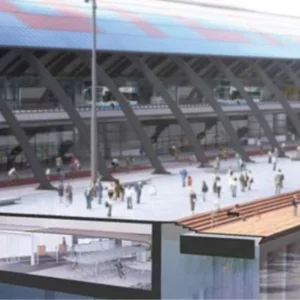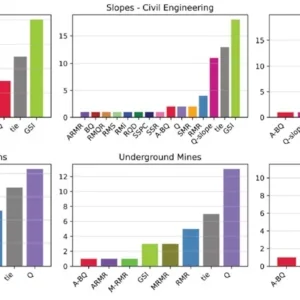From reading the pages of the international construction press and many of the company announcements which arrive in the post, one could be forgiven for assuming that the focus of the world’s tunnelling activity was in the Far East. However, readers of this issue will see irrefutable evidence that European tunnelling is in exceptionally rude health.
Articles in the Alpine Focus, Urban Transportation and News sections illustrate the activity underway. Cities like Berlin, Stockholm and Copenhagen are all spending heavily on road, rail and metro infrastructure, while the tunnels comprising the massive $21.8bn AlpTransit scheme are progressing now that the Swiss have voted to bankrole the projects. Elsewhere, recently-admitted countries are busily spending EU funds upgrading their national road and rail networks and cross-border links, particularly in the Iberian peninsular and Greece.
Coupled with this, growing confidence in the North American market and a level of activity in the Far East (which appears largely unaffected by the economic crisis of a few years ago) all add up to a pretty busy global scene.
All of which makes the recent announcement that Kvaerner Markham is to withdraw from tunnelling all the more disappointing, marking as it does the end of 120 years in the business.
If underground construction is to thrive and clients benefit from the process of innovation and development engendered by healthy competition, we need as diverse a manufacturing base as possible.
While it is to be hoped that the expertise which Kvaerner inherited with the purchase of Markham will not be lost to the industry as a whole, the effect of this commercial decision will be a further shrinkage of the tunnelling equipment manufacturing sector. The industry as a whole will be diminished by the loss of yet another respected player at the table.






